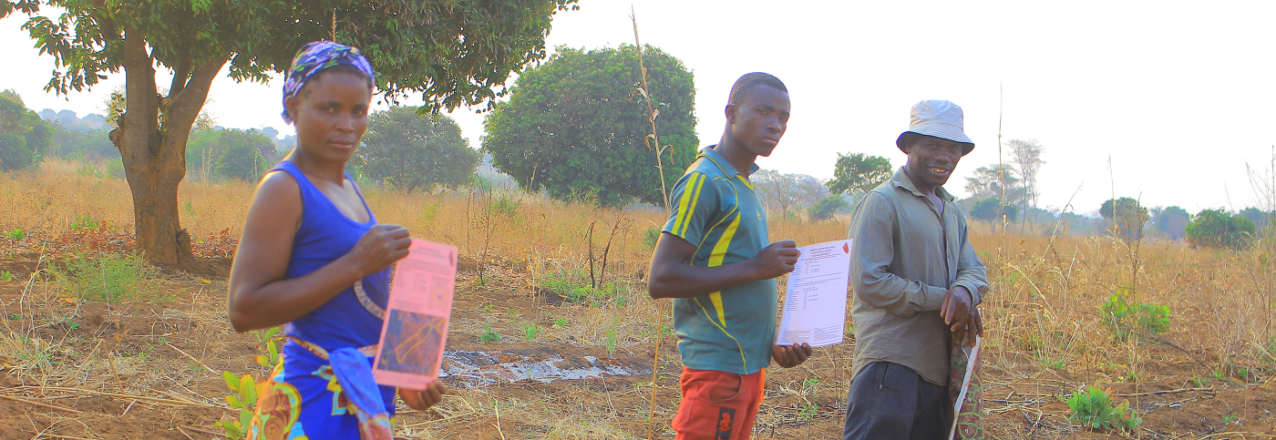Ownership and control over productive assets are at the heart of women’s economic empowerment and self-reliance. Through a partnership between USAID’s Gender Equality and Women’s Empowerment Hub, the Land and Resource Governance Division, and the Zambia Mission, the Integrated Land and Resource Governance (ILRG) program is securing and strengthening women’s rights to land and natural resources in Zambia as a pathway to social and economic empowerment. ILRG is working with the government, traditional leaders, civil society organizations, the private sector, and local communities to promote gender equality in land policy and regulations and in customary land documentation; increase women’s participation in community-based land and natural resource management; leverage land rights for economic opportunities; and address legal, social, and cultural barriers to women’s use and control of land and natural resources. This will enable women to access sustainable livelihoods, invest in their families and communities, be more resilient to external shocks, and contribute to national prosperity, while also supporting Zambia on the journey to self-reliance.
Key Results (2018 – 2020)
- Over 22,000 women had their land rights documented, representing around 48% of all land rights documented by ILRG in Zambia.
- Over 1,000 women reached through a partnership with local company Madison Finance (MFinance) to use customary land documentation data to increase women’s access to financial services in rural areas.
- Women’s land rights promoted in the documentation of both state and customary land through partnerships with the Ministry of Lands and Natural Resources and the House of Chiefs, which adopted national Gender Guidelines to strengthen traditional leaders’ governance capacity.
- Scalable gender norms dialogues approach piloted with 25 local level traditional leaders in 6 chiefdoms, increasing their ability to champion gender equality in land and resource governance.
- Women’s representation as leaders on community resources boards in 4 chiefdoms increased to 23 percent (from 5 percent after the previous election). The approach is being scaled by partners Zambia Community Resource Board Association and Frankfurt Zoological Society to increase women’s meaningful participation in local natural resource governance.
- Enhanced job opportunities for women in the natural resources sector, supporting the Department of National Parks and Wildlife to include a gender module in the training program for Community Wildlife Scouts and to increase women’s participation in this career pathway.
- New knowledge and evidence published, including gender assessments, outcomes and lessons learned briefs/reports, and advocacy tools like blog posts on women’s inheritance rights, gender equality in the wildlife sector, and gender-based violence in land documentation.


